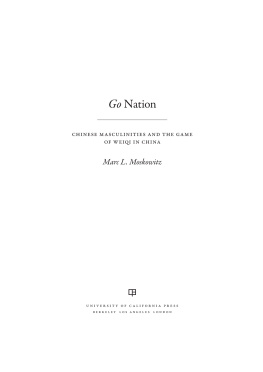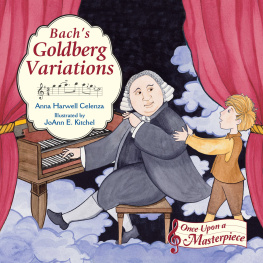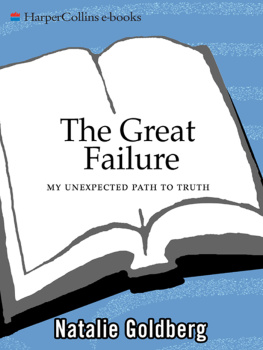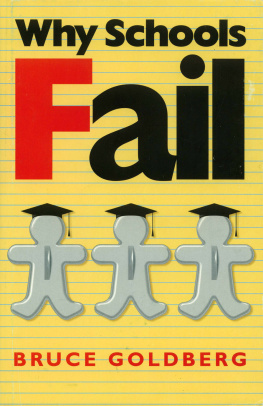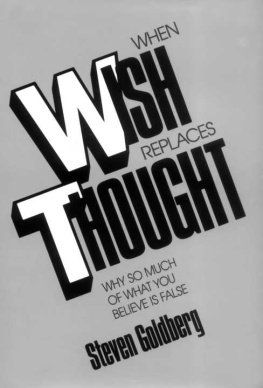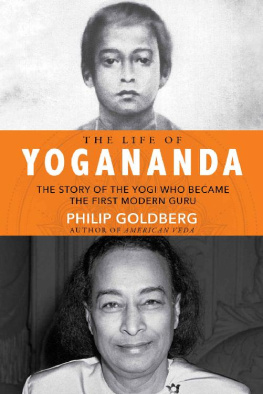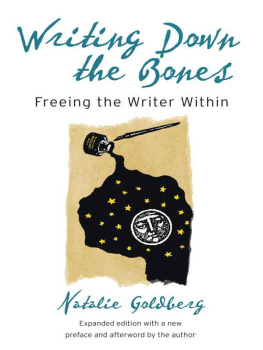Table of Contents
The Reuben/Rifkin
Jewish Women Writers Series
A joint project of the Hadassah-Brandeis Institute and the Feminist Press
Series editors: Elaine Reuben,
Shulamit Reinharz, Gloria Jacobs
The Reuben/Rifkin Jewish Women Writers Series, established in 2006 by Elaine Reuben, honors her parents, Albert G. and Sara I. Reuben. It remembers her grandparents, Susie Green and Harry Reuben, Bessie Goldberg and David Rifkin, known to their parents by Yiddish names, and recalls family on several continents, many of whose names and particular stories are now lost. Literary works in this series, embodying and connecting varieties of Jewish experiences, will speak for them, as well, in the years to come.
Founded in 1997, the Hadassah-Brandeis Institute (HBI), whose generous grants also sponsor this series, develops fresh ways of thinking about Jews and gender worldwide by producing and promoting scholarly research and artistic projects. Brandeis professors Shulamit Reinharz and Sylvia Barack Fishman are the founding director and codirector, respectively, of HBI.
OTHER BOOKS IN THE REUBEN/RIFKIN SERIES
Shalom India Housing Society by Esther David
Hold On to the Sun by Michal Govrin
Dearest Anne: A Tale of Impossible Love by Judith Katzir
If a Tree Falls:
A Familys Quest to Hear and Be Heard by Jennifer Rosner
Arguing with the Storm:
Stories by Yiddish Women Writers edited by Rhea Tregbov
Dream Homes:
From Cairo to Katrina, an Exiles Journey by Joyce Zonana
I wish to thank my friend and editor, Deanne S. Urmy,
for the resonance her order brings to my work.
And thank you to my late professor and mentor,
A. E. Claeyssens, the bridge that spanned everything.
With love,
this book is for
Shoshana, Peter, Frank,
Heidi, Seth, Julie,
Elizabeth, and Jeffrey,
and for my grandchildren,
Helen Avery Grove,
Jonathan David Korns,
and
Henry Nicholas Moskowitz,
but mostly and always
for Jack.
There is a land of the living
And a land of the dead
And the bridge is love,
The only survival,
The only meaning.
Thornton Wilder The Bridge of San Luis Rey
PREFACE
EVERY OTHER MORNING, OUR milkman in Detroit, Oscar Schwartz, a landsman, carried his wire basket straight into our kitchen and put the bottles away in the Frigidaire. Who needed the Detroit News or the Free Press when we had Oscar making the rounds of our neighborhood? Later, my mother poured off the yellow cream that rose to the top of the milk and saved it for my fathers cereal and coffee. He had the ulcer, after all.
Sometimes when we were by ourselves, my mother would pause for a moment at the porcelain sink, a damp dish towel in her hand, and her eyes would seem to focus on a faraway spot, a place that filled me with loneliness; I knew she had left me then for somewhere I could not follow. I cant know if she travelled into the cloudy waters of memory or if, with a prescient shudder, she was trying to pierce her future. Always she would shake herself out of her momentary trance and come back to me. She would sigh and say, Ay, Faygele, dos leben is a cholem.
What did it mean, Life is a dream? As a girl, I thought my mother meant that life was dreamy, an adjective I applied to everything good: my latest teen crush, the sentimental songs I played on my portable record player, or the happy discovery of a sweater that made me look sexy, not fat. I was even able to buy my definition for a while, for what could I understand then of past or future, so gripped was I in the pincers of the moment?
But when I was sixteen, my mother left me for a perpetual dream. I grew up quickly, married, had four children. We moved to Washington, DC, and I put Michigan behind me, or so I thought. I went to college, got my BA the year I turned forty, went on to pass my comprehensive exams for a PhD. I began to teach, and just as importantly, I started to write, mostly the ragtag contents of my dream-bag. Out they tumbled, stories that no longer served me, but were too good to give away. Not so surprisingly, I wrote of home, of the early years that shaped me, of the ghosts who peopled my dreams.
Now, twice the age my mother was when she died, I am an octogenarian, a somber mouthful that conjures up images for me of slow-moving sea creatures, dreamily floating, waving their multiple arms, at once enticing me into their grasp and stunning me with fear of the nothingness they promise.
Twenty years have passed since Bridge was first published. Thumbing through it today, I see Michigan everywhere. I love this book. Long-lost family and friends are preserved here as if they were put up in gleaming jars of ruby fruit, stored in a lavish pantry. Events I might have forgotten, both significant and foolish, are here, lined up on tidy shelves. Perhaps more than anything, my book is a love song to the places where I grew up, to Jackson, our exileand to a Detroit that exists now only in dreams.
And what have I learned, fifty years away from Michigan, now that the octogenarians bob ever closer? Try as I might to grasp them, my memories become more dreamlike, scraps and shards drift in and out, some vivid and unforgettable, some as elusive as quicksilver, darting away like schools of gleaming fish.
I cried when I left Michigan; I couldnt have foreseen the new life that would present itself in Washington, the maturing of my children, the priceless gift of grandchildren, the deep new friendships, the teaching, the books. And who could have foretold the myriad ways we filed away our rough edges and melded our dreams, I and my beloved Jack?
Perhaps in Gan Aden, Oscar Schwartz still carries his wire basket, bottles clinking, into my mothers kitchen. Perhaps they pause for a moment to talk of family in this paradise where cream still rises to the top. Perhaps the child I was still hides in a corner, listening, listening.
I look ahead warily, and like my mother once did, seek to part the leafy branches of the future. I mourn the profligate days I wasted over the years, the precious hours set out like yesterdays newspapers; no real expectation of recycling now. My mother was right. Life is indeed a dream, and morning comes too soon. The nights uneasy wanderings melt away like spun sugar on the tongue with only a bit of sweetness lingering to recall the remarkable journey.
OUTSIDE THE WINDOW OF MY daughters old room where I lie in bed alone, the homely night scenes of my street play themselves out. The aftermath of a spring shower drips from leaf to leaf, slides down the trunks of stately trees; night birds chirp their silver chain of melody and couples coming home anticipate in easy whispers a last drink, a page or two, or the familiar comfort of making love before calling it an evening. No such closure for me; my bones intimate terminal diseases, and my heart loses time. The window curtains hang limp, all their starch, like mine, eaten away by the sodden air.
This is the room I come to nights when sleep refuses to come to me. I smoke cigarettes and eat smuggled chocolate, wrestle the





